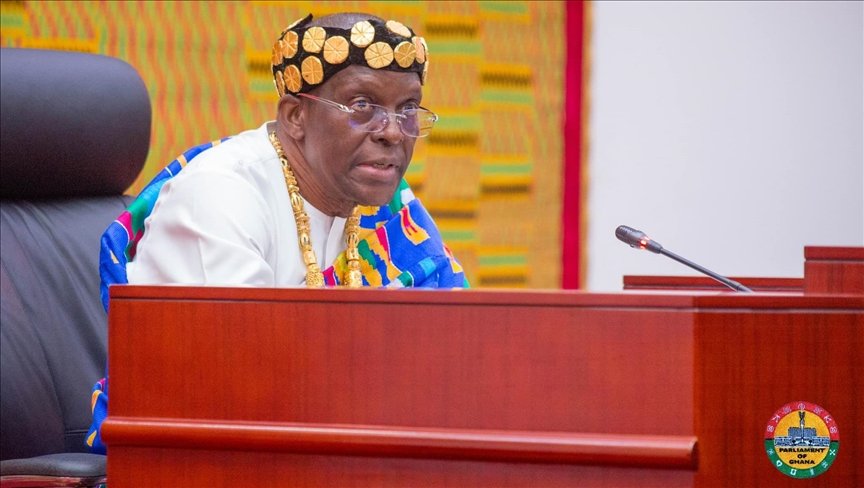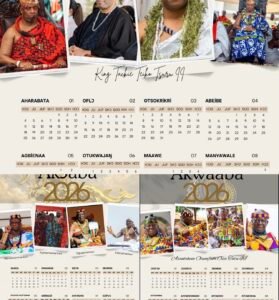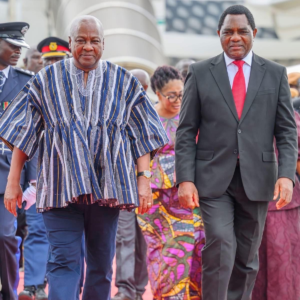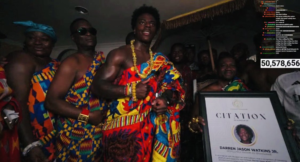
Independent MP for Asante Akyem North, Ohene Kwame Frimpong, made a full contribution in Parliament speaking the Asante Twi dialect of the Akan language. This is a notable event and one of a kind as it shows the importance of local languages. This bold step marks a significant moment, potentially paving the way for greater inclusion of local languages in parliamentary discourse and ensuring that constituents can connect with the proceedings in a language they understand fluently.

On February 15, 2024, Speaker of Parliament Alban Bagbin sparked a national conversation when he raised the issue of using Ghanaian languages in parliamentary proceedings. His remarks reignited discussions on the role of indigenous languages in governance and representation. While many supported the idea as a means of promoting linguistic and cultural identity in the country, the debate took a different turn when questions arose about which specific language should be adopted.
With Ghana being a multilingual nation, concerns were raised about inclusivity, practicality, and the potential marginalization of certain linguistic groups. The discussion generated diverse opinions and shows both the challenges and opportunities of integrating local languages into the country’s legislative processes.
The use of Ghanaian languages in parliamentary proceedings can be found in the country’s legal framework. Order 63 of the new Standing Orders explicitly grants Members of Parliament (MPs) the right to speak in any local language, provided that interpretation and translation services are available to ensure comprehension by all. However, despite this legal backing, practical challenges such as the availability of qualified interpreters, the choice of languages for interpretation, and the cost implications continue to fuel debate on its full implementation in Parliament.

In what happens to be a landmark victory for Ghanaian languages, the Member of Parliament for Asante Akyem North, Ohene Kwame Frimpong, made a full contribution in Parliament speaking Asante Twi. The move has so far generated yet another debate online on the use of Asante Twi especially to non Akan language speakers. Despite the growing concern, some still believe it’s a great step towards the use of Ghanaian Languages in parliament as stated in the constitution of the state.
In the video, when Ohene Kwame Frimpong announced his decision to speak in Asante Twi, the Speaker of Parliament granted him permission to proceed. He explained that his choice was driven by a request from his constituents, who wanted him to address Parliament in the language they speak and understand. Staying true to his promise, he later summarized his entire submission in English, demonstrating a balanced approach that both upheld linguistic inclusivity and ensured broader comprehension.
The debate surrounding the use of Ghanaian languages in Parliament continues to intensify, but Ohene Kwame Frimpong’s bold step is one that deserves recognition. His approach sets a precedent for balancing inclusivity with accessibility. If other MPs adopt a similar method; delivering their speeches in Ghanaian languages and summarizing them in English, it could be a significant breakthrough for the promotion and preservation of Ghanaian languages, despite potential delays in proceedings. What are your thoughts on this issue? Share your views with us on our social media platforms and join the conversation.
Editor: Ama Gyesiwaa Quansah.






Very good initiative
Exactly. Thanks for your comment.